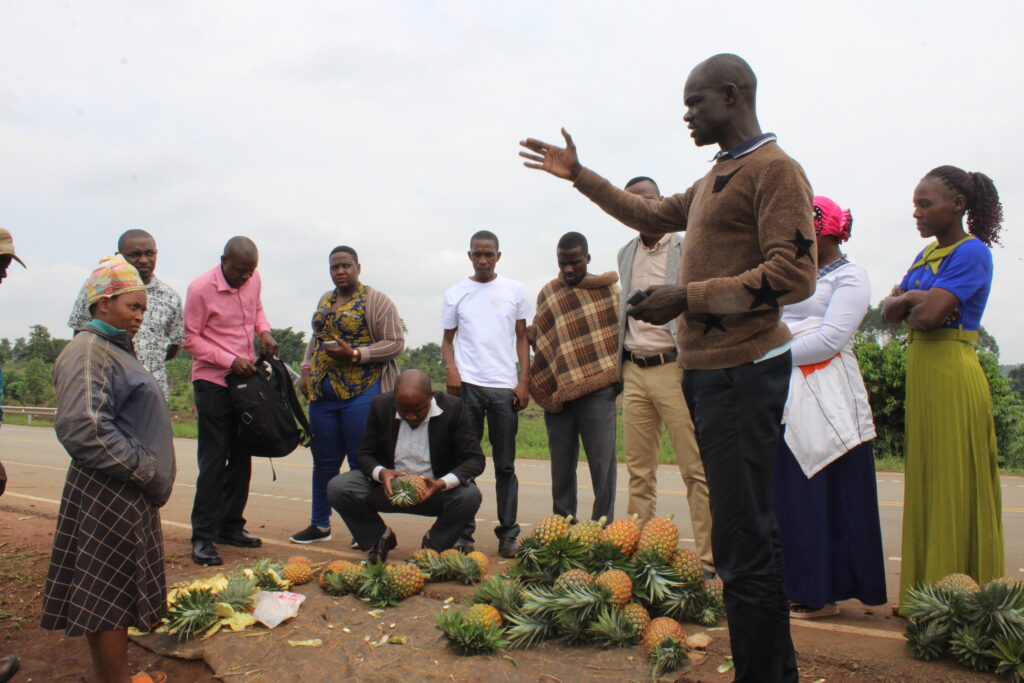On August 2, 2023, more than 20 people embarked on a journey by motor caravan to engage with inspiring farmers, traders, and entrepreneurs along the 1,443-kilometre East African Crude Oil Pipeline (EACOP) route.
The group traveled from Hoima district, the starting point of the pipeline, through 10 districts affected by EACOP that will ultimately transport crude oil to Tanga Port in Tanzania.
While the direct drive would take about 8 hours from Hoima to Masaka City, the caravan made close to a whole day due to several stopovers to learn from local businesses.
One such stop was at Nalweyo and Kakumiro town in Kakumiro district, where they met Francina Kisembo, a roadside pineapple vendor.
Kisembo, who sells pineapples ranging from sh1,000 to sh4,000 depending on the size, also owns a well-kept 40-yard pineapple plantation.
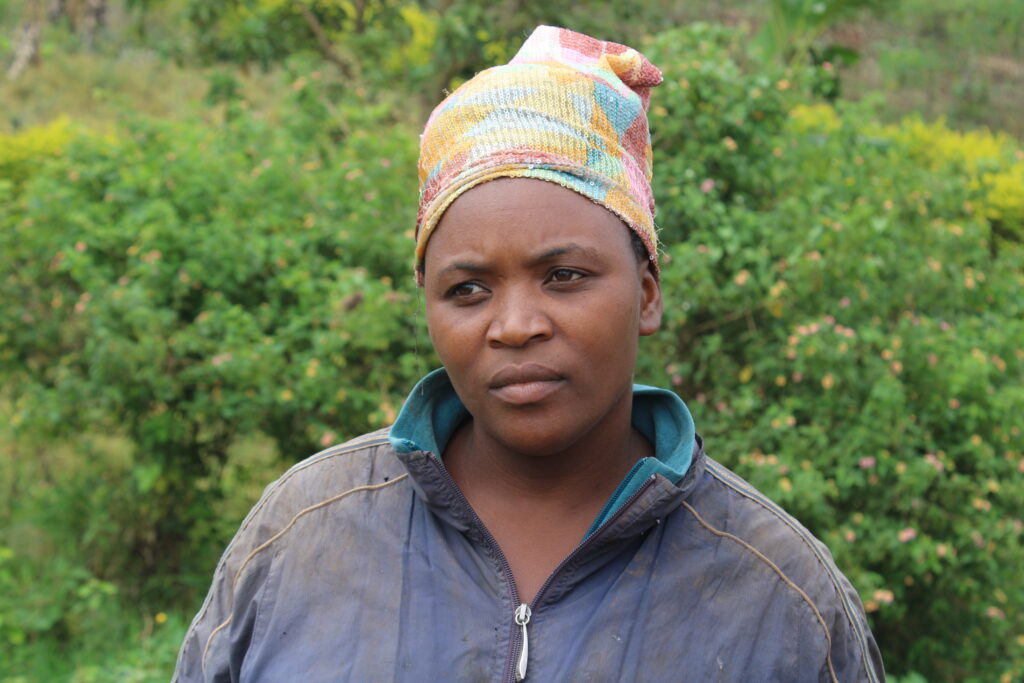
This caravan initiative, organised by Recreation for Development and Peace Uganda (RDP Uganda), with support from the Partnership Brokers Association of the United Kingdom, is aimed to spark discussions among youth, entrepreneurs, and stakeholders about the opportunities along the EACOP route.
These discussions take various forms-reflection meetings, exposure visits, follow-up forums, and shared learning sessions-designed to foster collaboration among the aforementioned stakeholders along the pipeline route.
Nassa Bbiira Kiwanuka, Executive Director of RDP Uganda, said the caravan’s goal is to further encourage young entrepreneurs to explore opportunities beyond their immediate surroundings.
“We want them to appreciate that there are opportunities beyond their confines so they can tap into them,” Kiwanuka said.
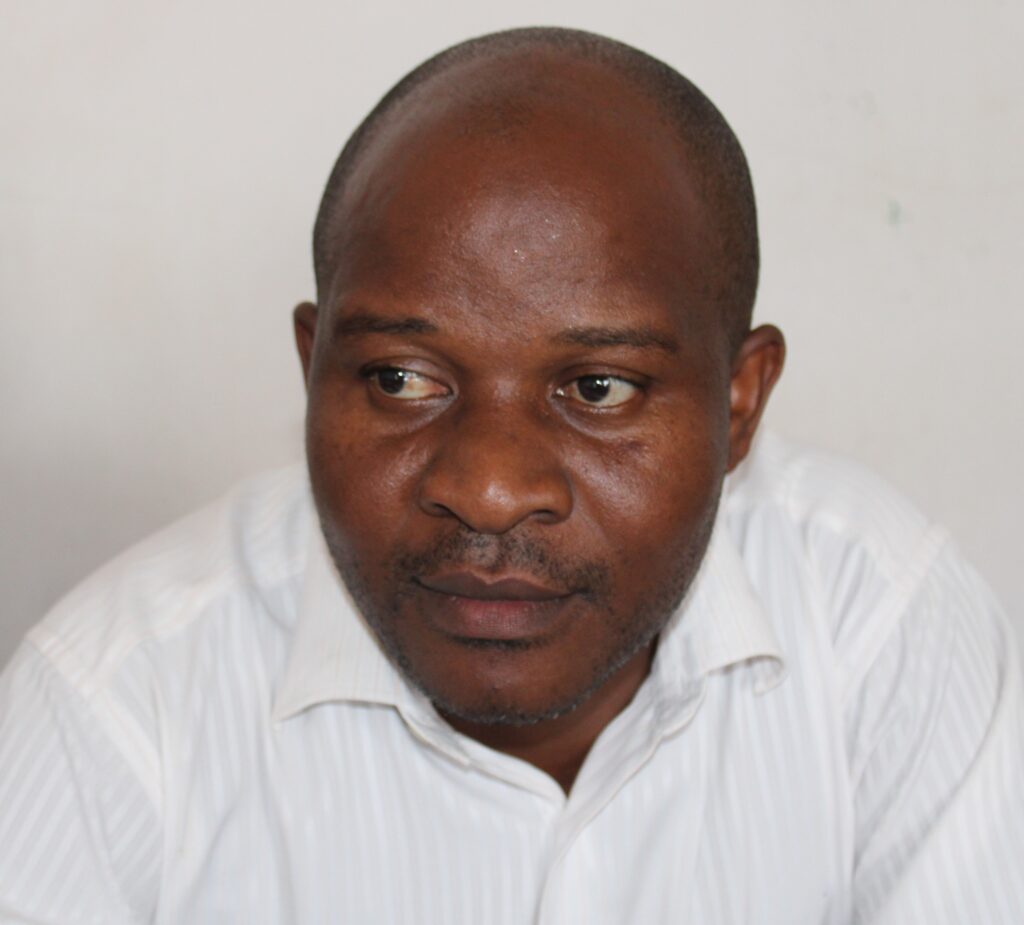
“The idea is to build backward and forward linkages between themselves.”
The caravan, organised in collaboration with the Centre for Innovation and Incubation, also helps entrepreneurs understand how infrastructure projects like the oil pipeline can create new opportunities for business and agriculture.
“This helps reduce costs and foster long-term relationships,” Kiwanuka explained.
He pointed to large companies like Madhvani and Mukwano, which have expanded beyond family-run businesses to create intergenerational partnerships.
“We want these partnerships to last beyond generations, not just the next year or two,” he added.
The choice of the EACOP route was intentional. Kiwanuka said they wanted entrepreneurs from areas like Masaka to engage with those from the Bunyoro sub-region.
The pipeline route serves as a connector, making it easier to transport goods between regions.
Kiwanuka explained that the cost of transporting rice from Kyotera to Hoima is minimal, yet the price difference-sh2,000 per kilogramme in Kyotera versus sh4,000 in Hoima-illustrates the potential for local business opportunities.
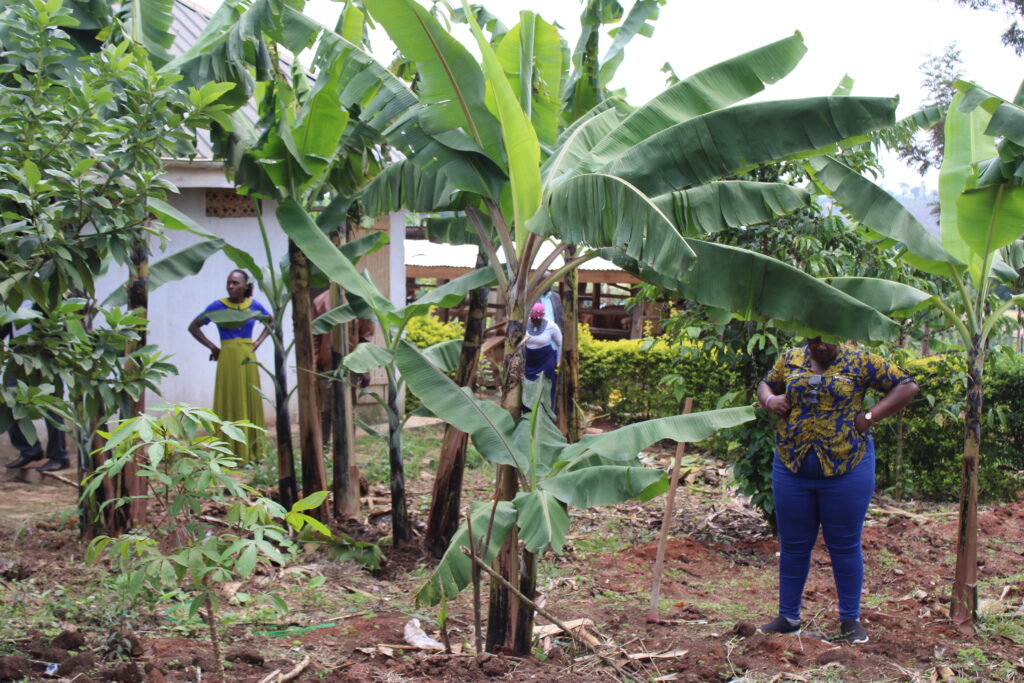
In Mubende, Joshua Akora, said as a Lawyer they have benefited from oil related developments through litigation.
He said people who got money from compensation had their access to legal services increase from land acquisition agreements and starting new businesses.
Catherine Tuhaise, a caravanner, shared her excitement: “This is my first time crossing Bunyoro, and many of us had never been to this region before. There is a lot of potential here, and we are just beginning to see it.”
Another stop was at a demonstration farm in Madudu sub-county, Mubende district, where Dan Bwambale grows improved coffee seedlings that flower in just six months, compared to the 4-5 years typical for ordinary coffee.
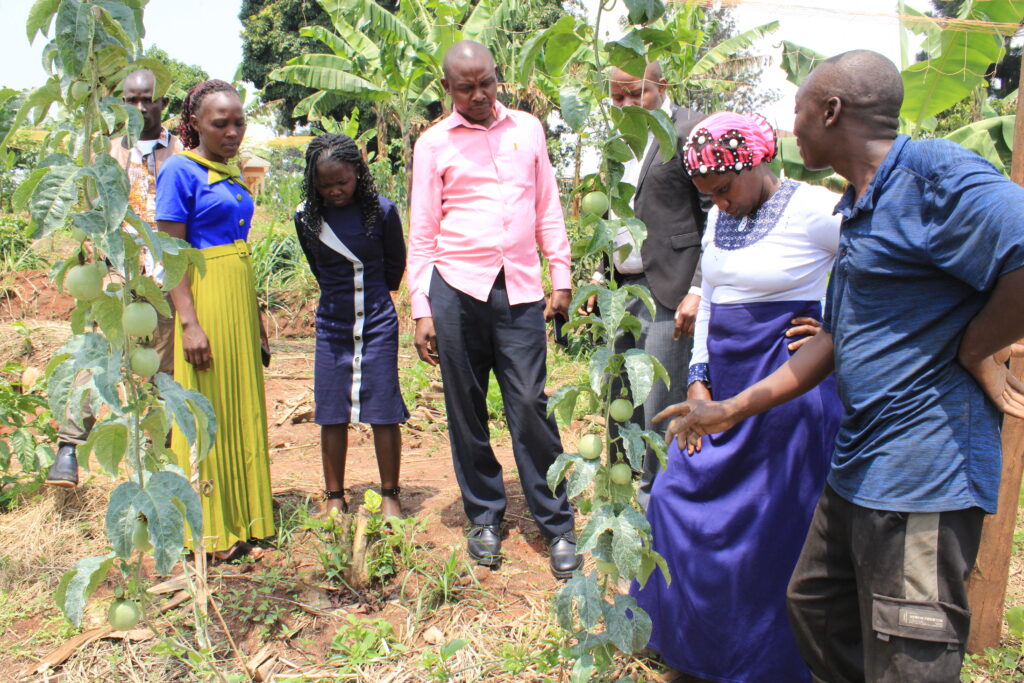
Bwambale’s farm, inter-cropped with matooke (bananas) and passion fruit, is already impacting over 100 people.
He also showed caravanners how zero-grazing cattle provide milk and manure for sustainable farming.
The delegation also visited Kagoma Demonstration Garden in Masaka, where farmers are being trained to supply foodstuffs to the oil market and its related industries.
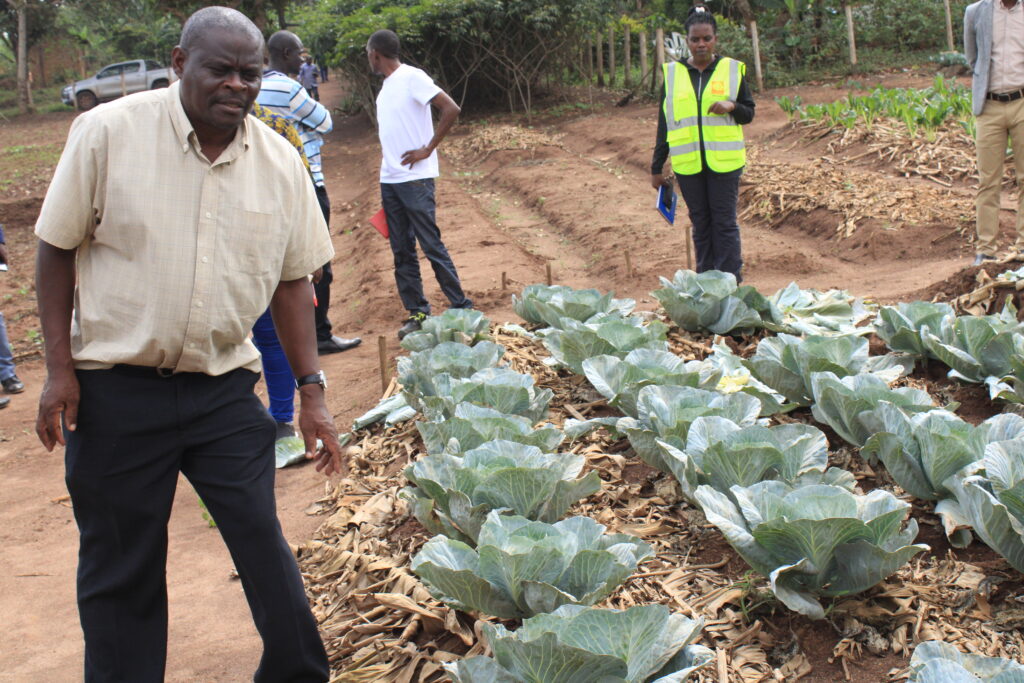
Moses Byenkya, a caravanner and member of the Hoima District Farmers Association (HODIFA), noted that while the caravan helped highlight local developments, many people are still not fully aware of the opportunities the EACOP project has brought.
“There is a gap in engagement,” Byenkya said, “and people need to understand that these opportunities are within reach.”
Yahaya Byarufu, a teacher and mushroom grower in Hoima City, said the caravan helped him identify areas for improvement in his own business.
“After interacting with others in agriculture and retail, I have learned how to better connect my business to opportunities around me.”
On November 30, 2024, a second cohort of 15 people from Masaka traveled to Hoima to explore the origins of the EACOP and its potential impact.
They were hosted by a family-run enterprise in Buhamba village, Kitoba Sub-county, as a way of telling them that lessons learned from the caravan can be put into practice.
According to a Partnership Brokerage and Stakeholder engagement expert, associated with Partnership Brokers Association of the UK, the project is designed to challenge participants to reflect on both the positive and negative aspects of the oil industry.
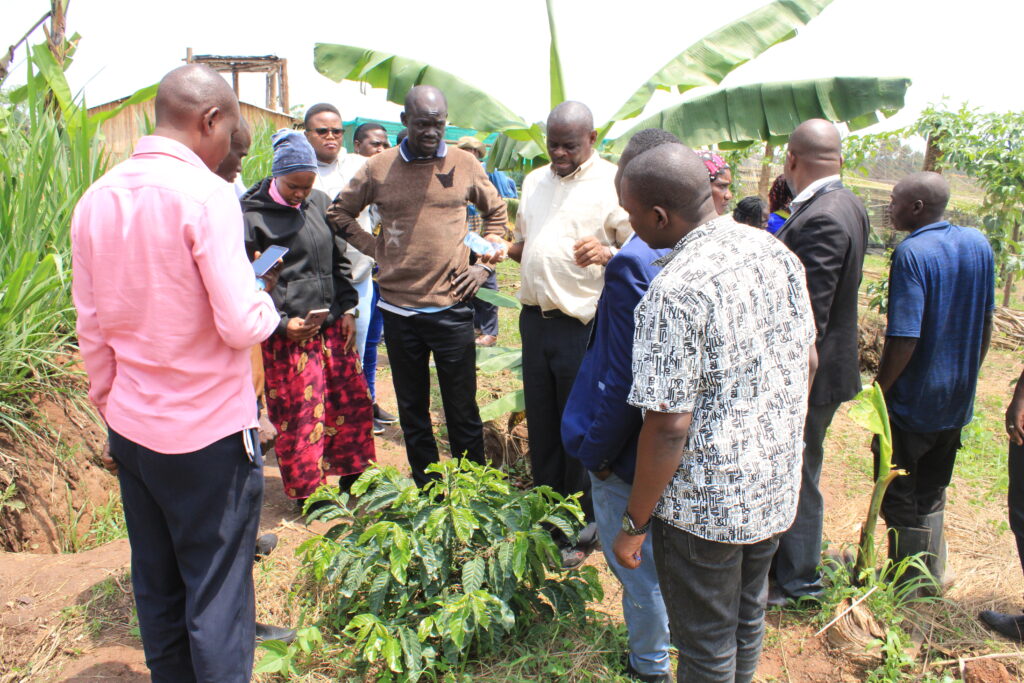
To help people to understand the bigger picture, ask the right questions, and start thinking about how they can build businesses that last for generation.
The expert told The Albertine Journal on January 30, 2025, that the caravan initiative has succeeded in creating a platform for meaningful engagement between local businesses, farmers, and stakeholders, fostering trust and collaboration.
“Our feeling is that this initiative has planted the seed for more sustainable and frequent forums for stakeholders to interact and build lasting relationships,” the source added.


